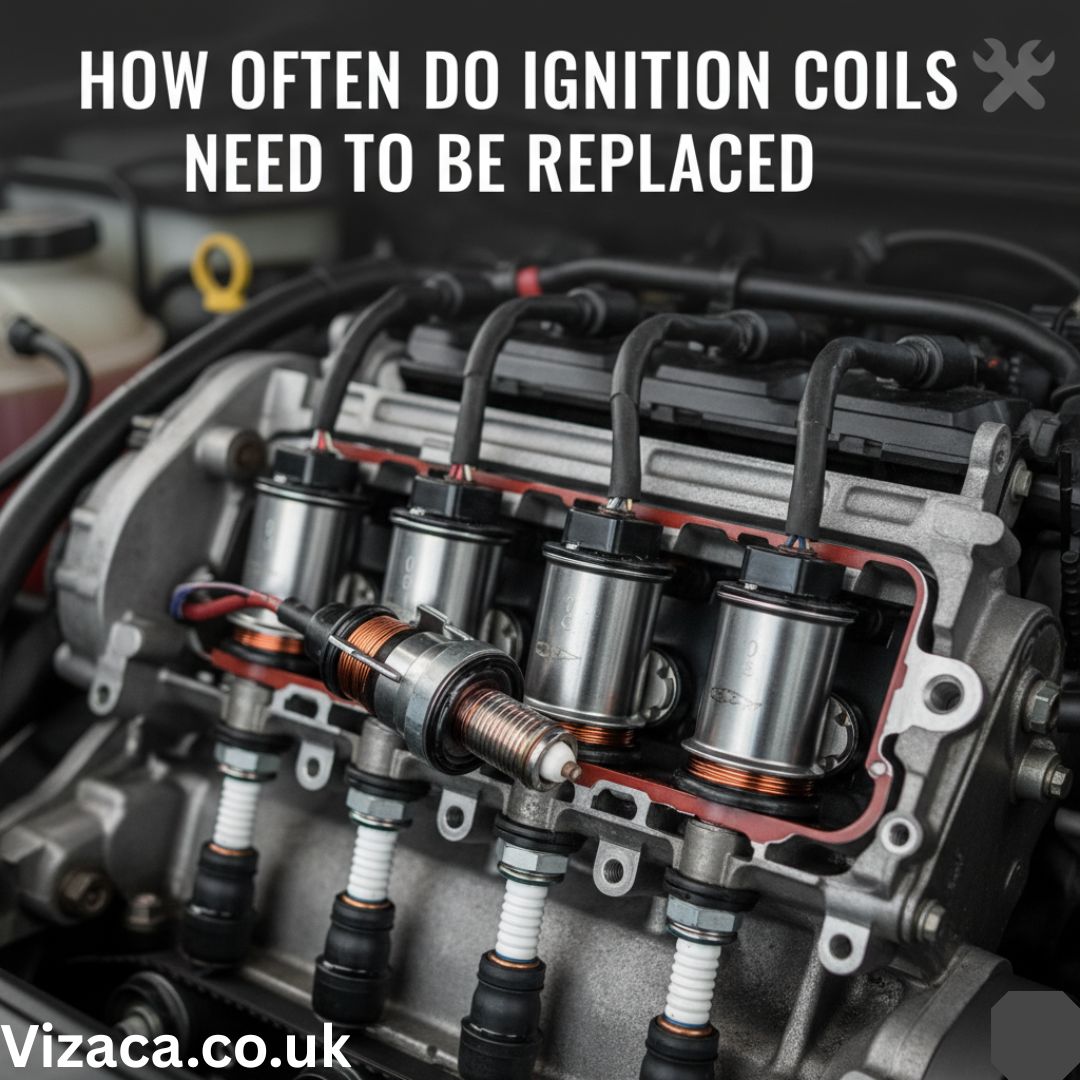Yes, coolant level can affect your car’s air conditioning system—but indirectly.
While engine coolant and AC refrigerant are two separate systems, they’re both tied to your car’s overall temperature management, and problems in one can sometimes impact the other.
Let’s explore how low coolant can affect your AC and what signs to look for.
Understanding the Difference: Coolant vs. Refrigerant
- Coolant (antifreeze): Circulates through your engine and radiator to regulate engine temperature.
- Refrigerant (like R-134a or R-1234yf): Circulates through the AC system to cool cabin air.
So, coolant doesn’t directly cool your AC, but when the engine cooling system is compromised, it can affect AC performance.
How Coolant Level Affects AC (Indirectly)
🔥 1. Overheating Engine Can Shut Off AC
If your engine starts to overheat due to low coolant, your vehicle’s computer may disable the AC system to reduce the load on the engine and prevent further damage.
You might notice:
- AC suddenly blowing warm air
- Temperature gauge rising
- Cooling fans running continuously
💨 2. Shared Cooling Fan
Many vehicles use one fan system to cool both the radiator and the AC condenser. If low coolant causes fan issues or high engine temps, the AC condenser may not get adequate airflow, resulting in weaker AC performance.
❄️ 3. Climate Control Confusion
In cars with automatic climate control, low coolant or a failing heater core may send inaccurate temperature signals to the system, affecting how it manages hot and cold air inside the cabin.
When Coolant Is Not the Problem
If your AC is blowing warm but your engine temp is normal and coolant is full, the issue is likely within the AC system, such as:
- Low refrigerant
- Clogged condenser
- Bad AC compressor
- Faulty blend door actuator
- Electrical issues (relays, fuses)
Signs Your Coolant May Be Affecting the AC
- AC works fine while driving, but not at idle
- Engine is overheating or running hot
- AC shuts off randomly during hot days
- Temperature gauge climbs when AC is on
- Coolant level in reservoir is below the “MIN” mark
What to Do If You Suspect Coolant Is Causing AC Problems
- Check coolant level (only when the engine is cold)
- Inspect for leaks under the vehicle or around hoses
- Look for warning lights or engine temperature spikes
- Top off coolant with the correct type if it’s low
- Have the system pressure-tested if you’re frequently losing coolant
If everything checks out and your AC still isn’t cooling properly, it’s time to inspect the AC system itself.
FAQs
Can low coolant cause AC to blow warm air?
Yes, if it causes the engine to overheat or the AC system to shut off as a safety measure.
Will adding coolant make my AC colder?
Not directly. But if the AC wasn’t working due to an overheating engine, then yes, restoring coolant can help restore AC function.
Does the AC system use engine coolant?
No. The AC system uses refrigerant, not coolant. But both systems are closely linked through shared components like the cooling fan and climate controls.
Final Thoughts
Coolant level does affect the AC system—but indirectly.
Low coolant can cause the engine to overheat, triggering protective shutdowns or reduced airflow that hurt AC performance. If your AC starts acting up and your coolant is low, it’s definitely worth checking the cooling system first. A properly filled and maintained cooling system helps ensure your engine and your cabin stay cool, no matter the weather.










